Is Too Much Screen Time Sabotaging Our Kids’ Education?
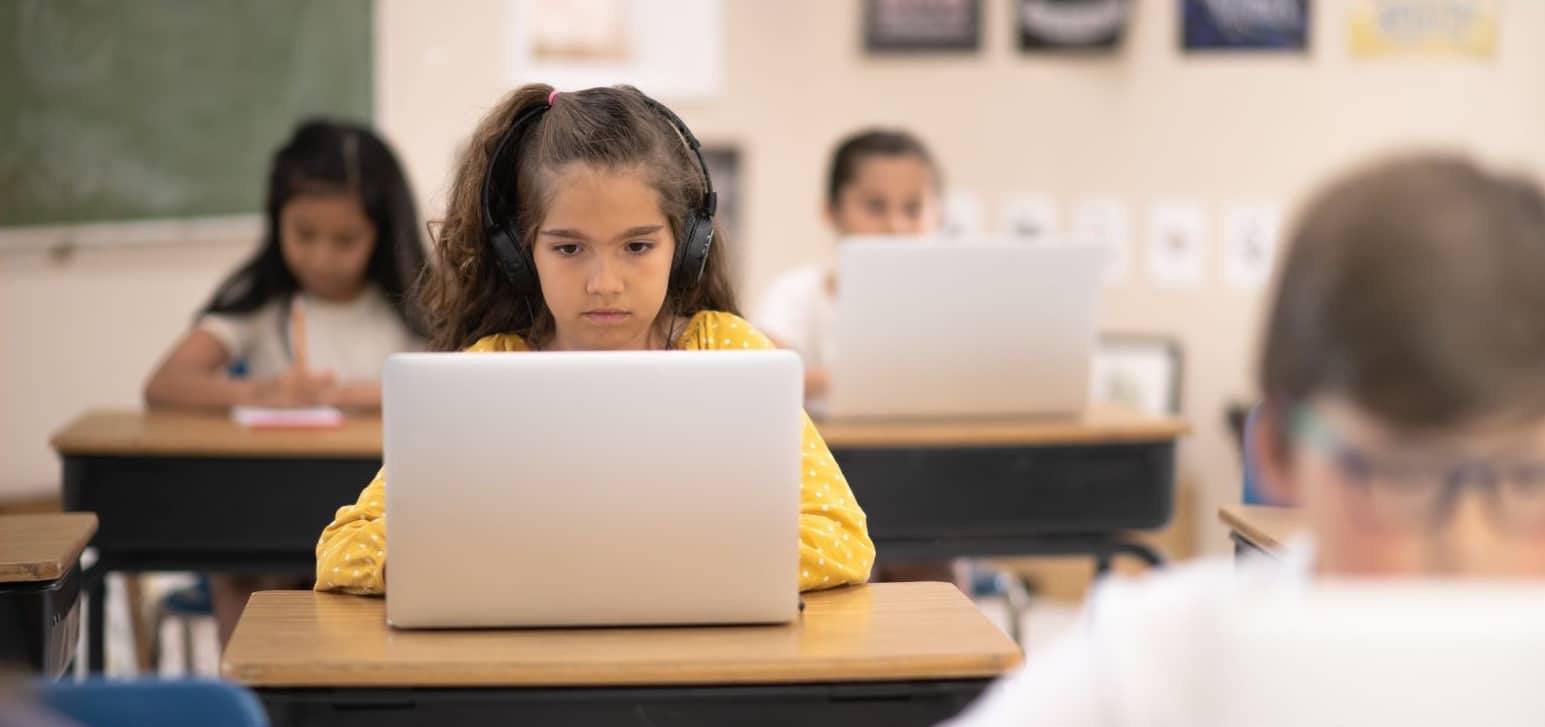
In today’s digital age, screens are everywhere. While technology offers incredible opportunities for learning and connection, the question of how much is too much screen time is becoming increasingly critical, especially when it comes to our children’s education. As educators and parents, we must address the elephant in the room:
Is excessive screen time hindering our children’s academic potential?
Parents and educators of screen-loving young people don’t need fancy data or studies to tell them that screen time is impacting their kids’ ability to learn. In fact, if you speak to young people in a heart-to-heart manner away from their devices, many will tell you that they hate the constant lure of screens and the conflict they cause with their parents, and wish they were less dependent on them. This is exactly what we found when doing the market research before we built ScreenCoach.
Recent findings from The Age articles show just how bad the problem is.
“How Much Screen Time is Too Much” and “Ultimate distraction: Why this top Sydney school has resisted screens in class” shed light on this pressing issue, revealing some concerning trends. Let’s dive into what the data says and explore how we can help our students thrive, and why early intervention to help support healthy screen habits is crucial.
The Numbers Don’t Lie: Screen Time and Educational Outcomes
The Programme for International Student Assessment (PISA) reveals stark realities. “Teenagers who spend more than an hour each day on social media and browsing the internet are likely to achieve lower test scores than those who have limits on their usage.”
This isn’t just a minor dip; students who spend more than an hour on weekdays sharing content or browsing the internet score “up to 20 points lower in maths” than their peers with limited screen time.
“Australian students are spending more time on screens during the school day compared with most other OECD nations, with students spending up to three hours a day learning and another hour on devices for leisure at school.”
That’s a significant portion of the school day, and it begs the question: Is this screen time enhancing learning, or is it a distraction?
Distraction and Divided Attention: The Enemy of Focus
“About 40 per cent of students in Australia report being distracted by digital devices in their maths lessons.” This statistic is alarming. When students are constantly switching between tasks, their ability to focus and absorb information diminishes.
As Sydney Grammar Principal Richard Malpass noted, there’s an expectation that teenagers “can maintain a sustained focus on the teacher when they’ve been given this ultimate tool of distraction.” However, the reality is that maintaining focus becomes a significant challenge in a screen-saturated environment.
Furthermore, an analysis of research found “readers may be more efficient and aware of their performance when reading from paper compared to screens,” and a study in Frontiers in Psychology indicates “handwriting tops typing when it comes to boosting brain power.” These insights suggest that our reliance on digital devices might actually be hindering crucial cognitive processes.
Moving Towards Solutions: Introducing ScreenCoach
It’s clear that addressing excessive screen time is crucial for improving educational outcomes. But how can we, as schools and families, effectively manage this challenge? That’s where ScreenCoach comes in.
ScreenCoach is a comprehensive solution designed to help schools and families foster healthy screen habits. It provides tools and strategies to:
- Monitor and Manage: Track screen time and set healthy limits for students and children.
- Promote Focus: Encourage mindful tech use and reduce distractions in learning environments.
- Educate and Empower: Provide resources and education on the impact of screen time on learning and well-being.
- Create Balanced Environments: Help schools and families create tech-free zones and activities.
By implementing ScreenCoach, we can:
- Improve Academic Performance: Reduce distractions and help students focus on learning.
- Enhance Cognitive Skills: Encourage activities that boost brain power, such as handwriting and reading from physical books.
- Foster Healthy Habits: Establish balanced screen time routines that promote well-being.
As Professor Pasi Sahlberg advises, “All schools, but especially primary schools, need to be aware of what adding screen time in students’ daily activities during school days may come with.” ScreenCoach offers a proactive approach to address these concerns and support students in achieving their full potential.
Take Action Today
Let’s not let excessive screen time sabotage our children’s education. Together, schools and families can make a difference. Explore how ScreenCoach can help you create a balanced digital environment and empower students to thrive academically and personally.
Visit the schools page on our website to learn more about ScreenCoach and request a demo for your school or family. Let’s work together to ensure our children’s success in the digital age.
Start Your 30-day Free Trial | Pricing Plans | Features Overview




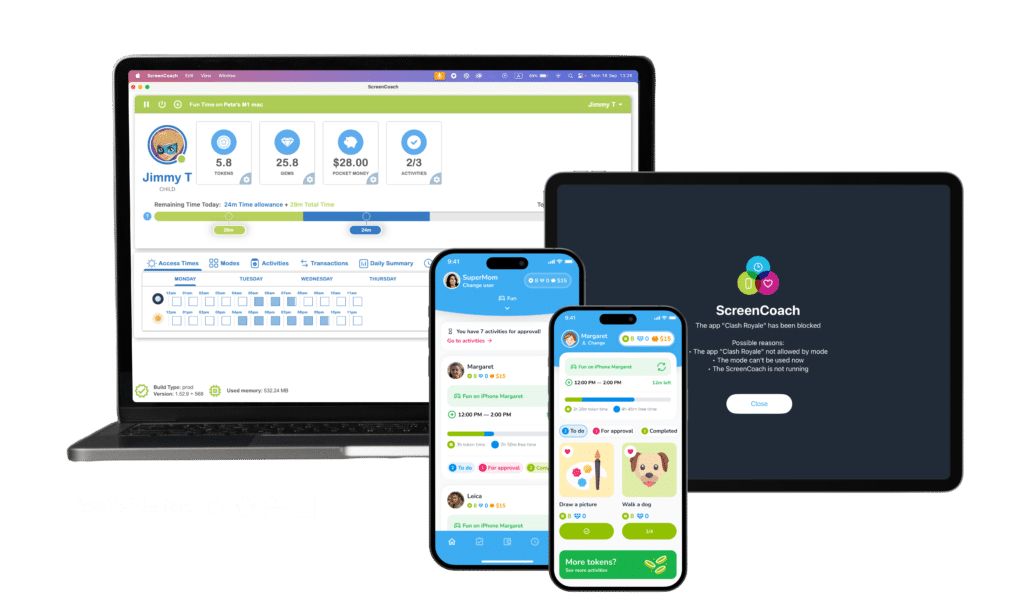


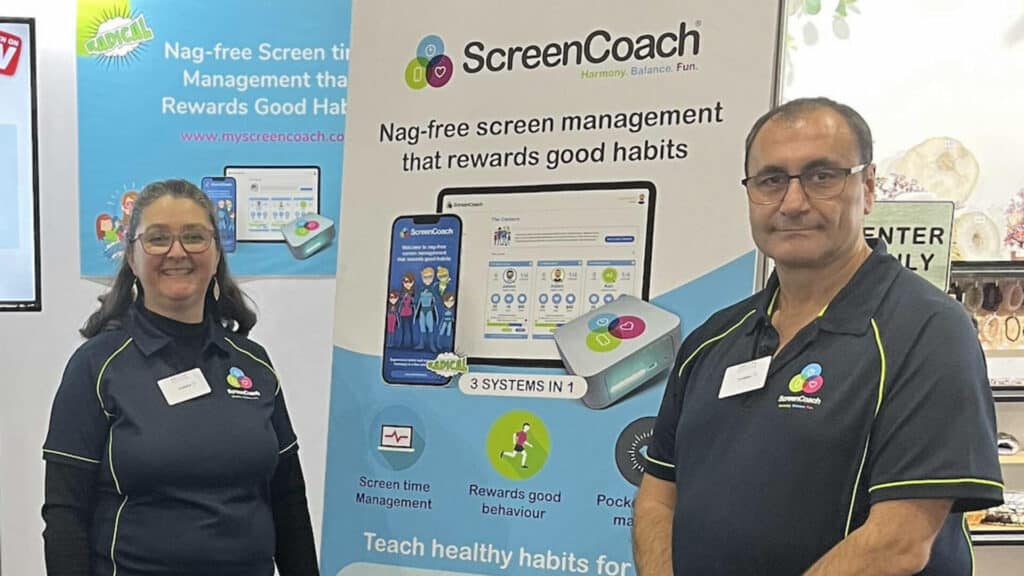
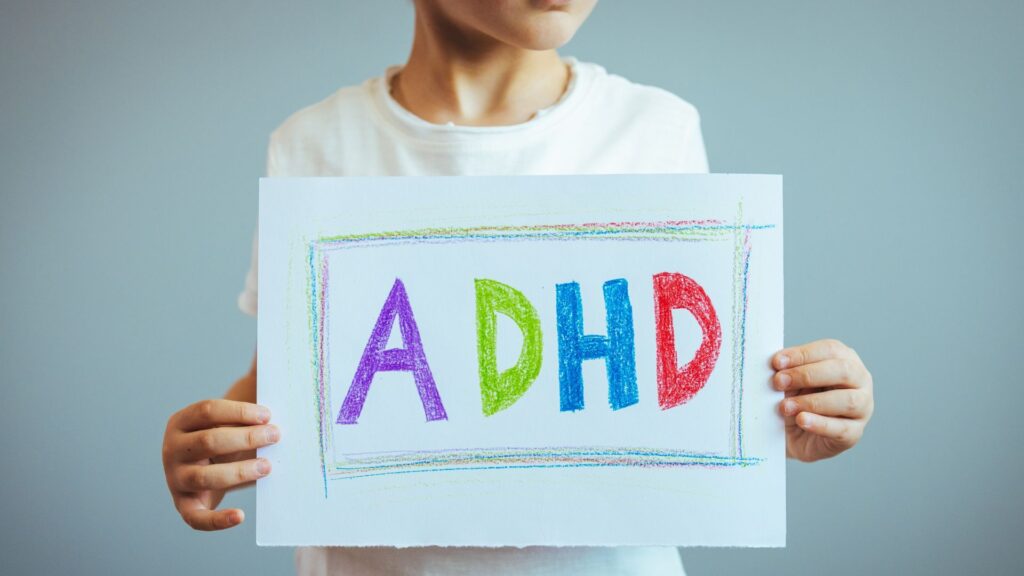
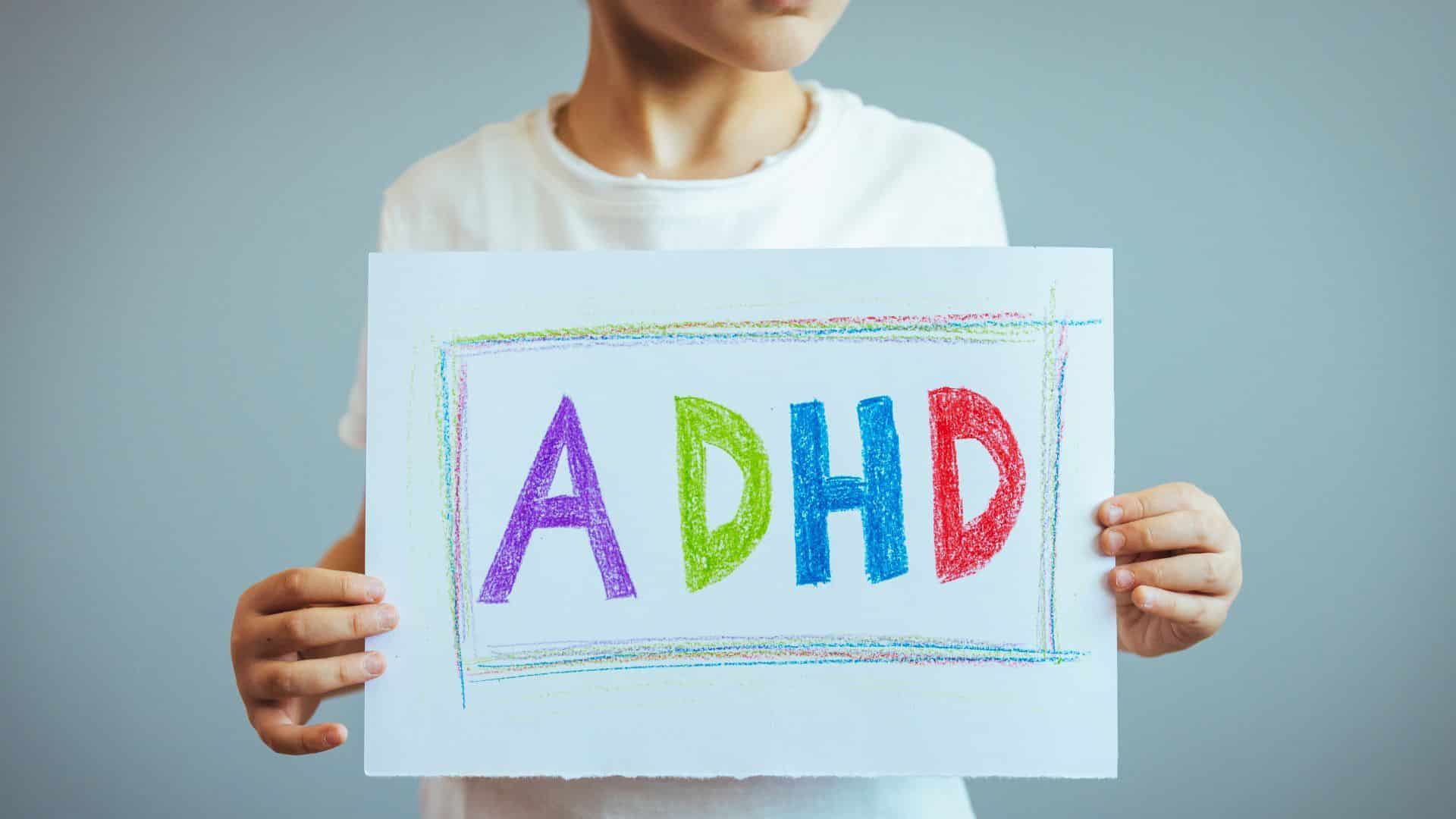


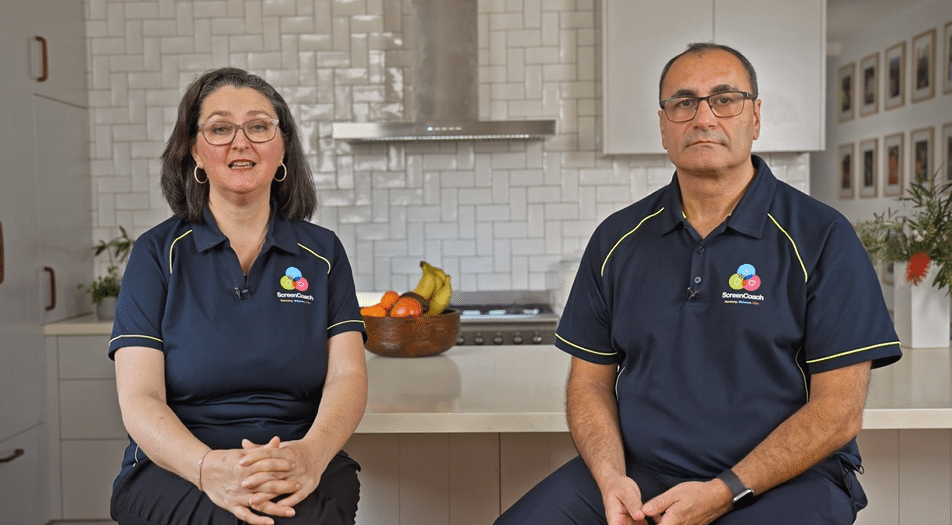



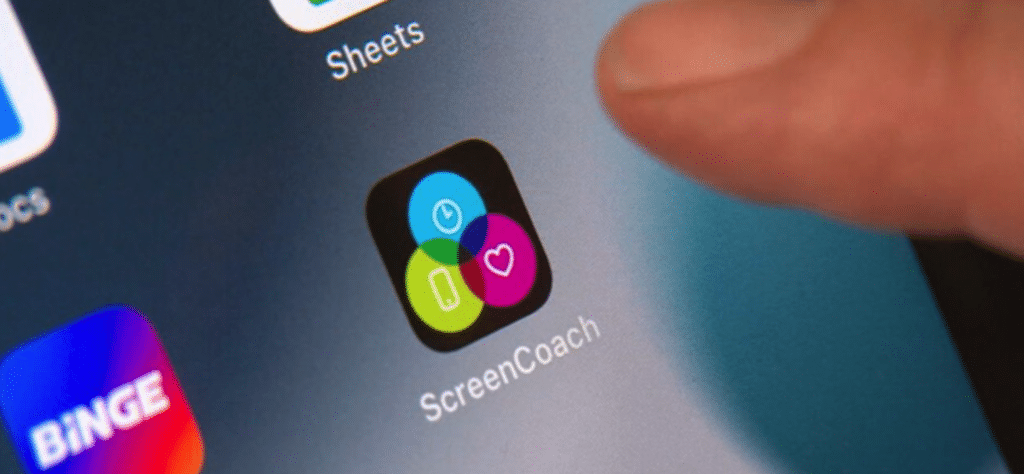












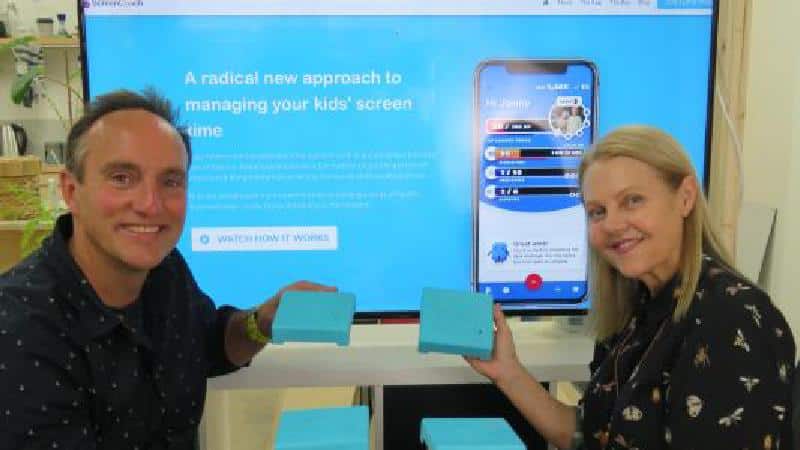














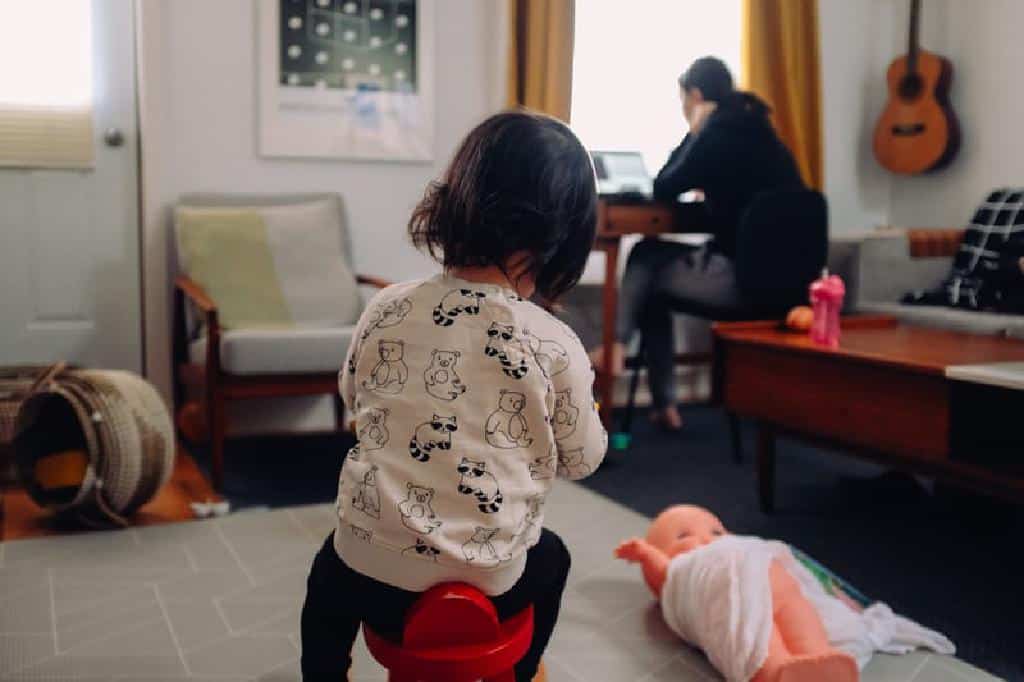




























 English
English French
French Portuguese
Portuguese Spanish
Spanish